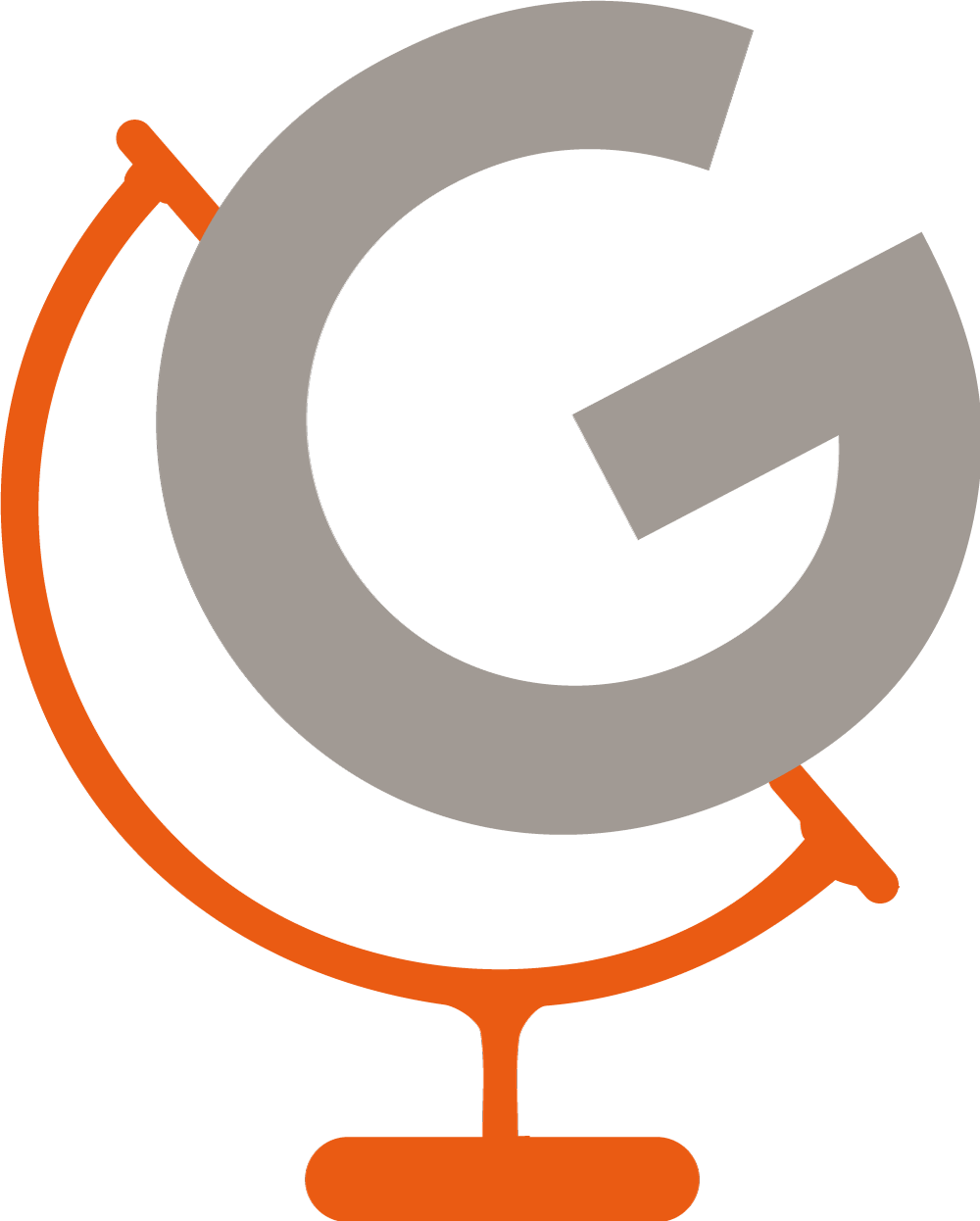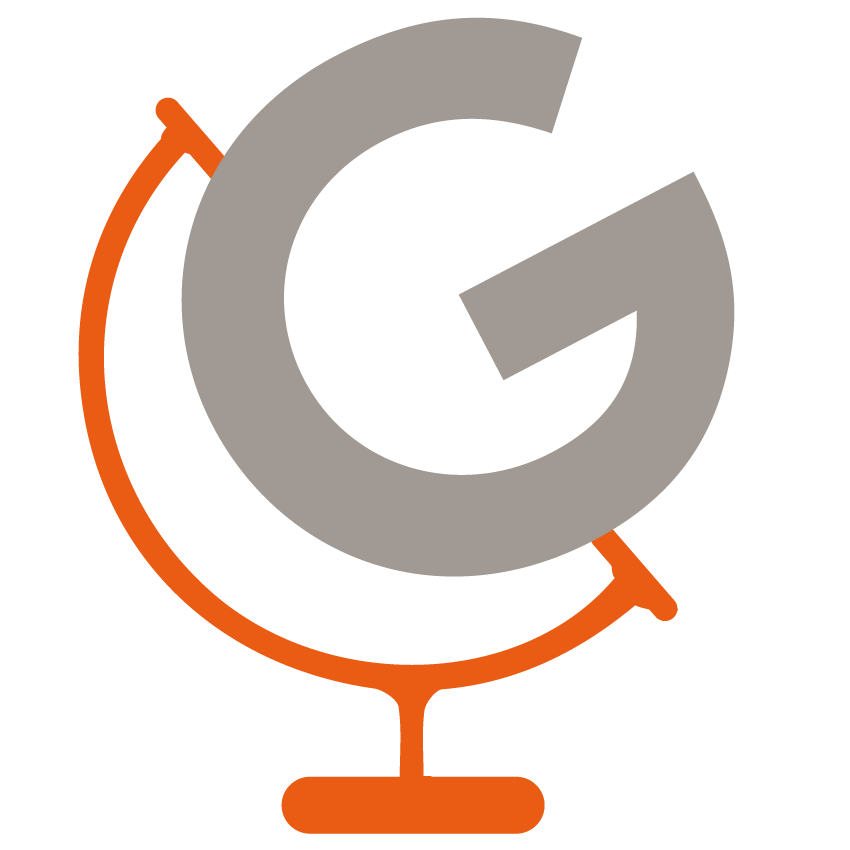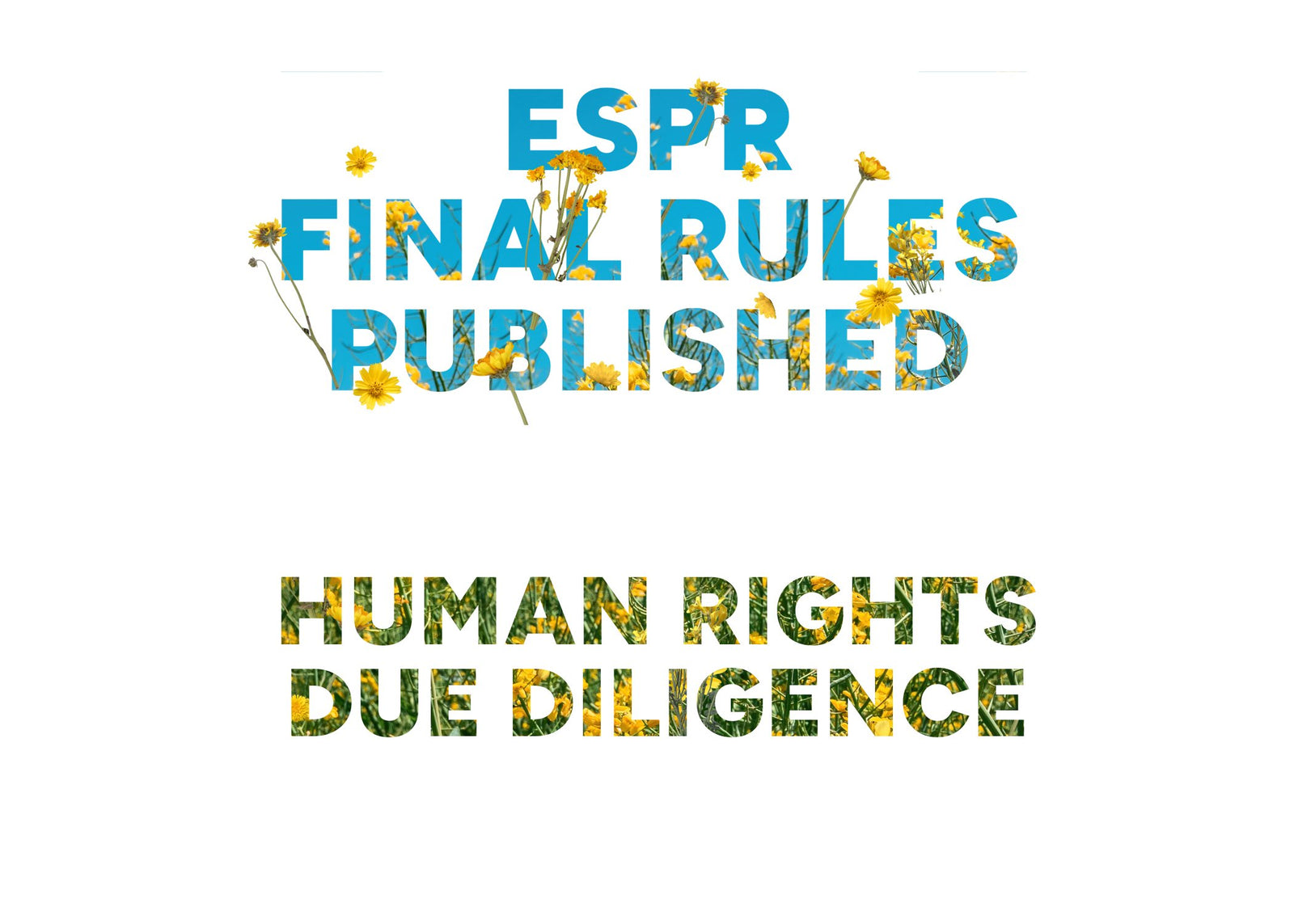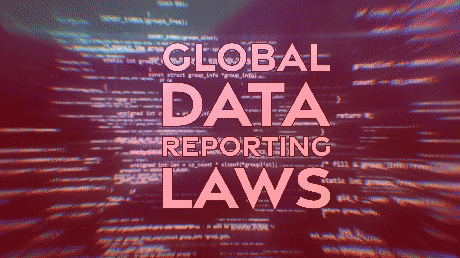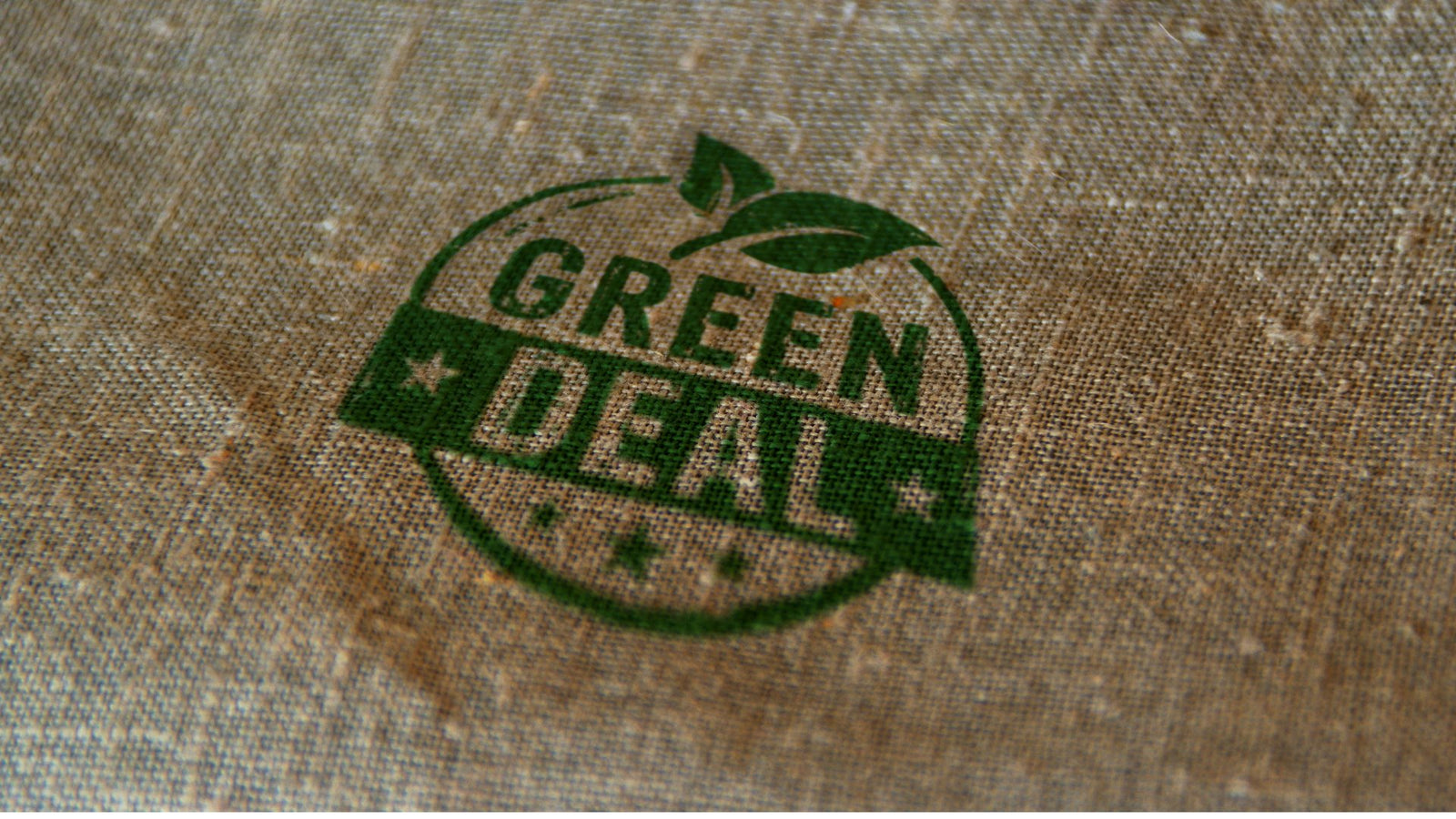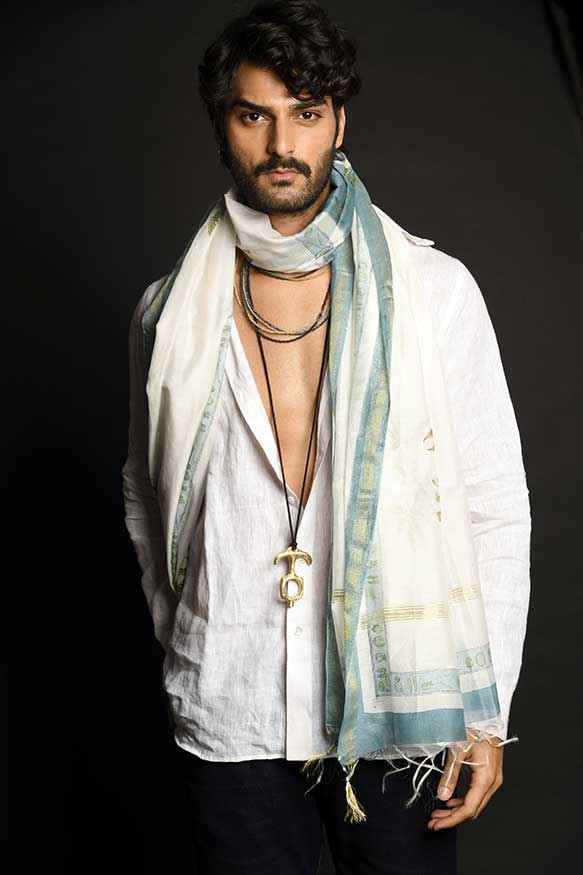THEY MET IN COLLEGE. THEY HAD A HOUSE AND A DOG, AND SHE CLAIMED TO BE HAPPY ENOUGH. WHEN HE KEPT BRINGING UP THE SUBJECT OF CHILDREN, THAT’S WHEN SHE RAN.
Some strangers will tell you anything. This is the story of a woman from Akron, Ohio who ran away to Venice, Italy for a life less ordinary.
I love traveling alone. It is nice to see friends for a meal or tour along the way. But, I confess I love it. I love the freedom, the escape, the anonymity and possibility of total self-reinvention. I love solo travel even when the maître d'hôtel gets concerned that I say, “Sono sole”. The Italian mind doesn’t easily comprehend why one would not share the table’s pleasures with another or better…more? Sure, there’s a cost. That said, I wouldn’t trade solo travel for the simple reason that it opens me to life and in return, the world seems more open to me.
That day I did my favorite Venetian thing, which is to take the vaparetto to Murano, Burano and Torcello. You ride along the Venetian lagoon through the magical light, which is what my art history professor said was the deciding characteristic between the Venetian Renaissance and the Florentine Renaissance. After dinner back in town, I went for a coffee with grappa and to check email. Usually I’ll bring a book or journal and happily enjoy eavesdropping or losing myself conjuring sense memories of where I am. The woman on my right started to chat. She was about 30 and attractive in the mid-western, undone way. She told me she was emailing her husband to ask for money that would extend her stay. That’s when the real story spilled out.
You see, he is a computer programmer who has a solid job that bought them a nice house, but she wasn’t sure it was enough. Wasn’t sure he was enough. She claimed to not know what she really wanted, but the right temporary solution for her was a one-way ticket to Venice, a place she knew only from stories. She had never been to Venice before, but knew she would love it. And, she did.
She took a small apartment and, she confessed, a lover. He was a Venetian fisherman who lived with his family (as unmarried Italians still often do) out by the Lido, which is one of Venice’s barrier islands. She needed to ask her husband for extra money this month because she’d had a passionate fight with the fisherman. She got on-purpose drunk and accidently fell into the Grand Canal, which ruined her phone. She needed a replacement. I marveled that she spoke without irony, without embarrassment.
The story continued tumbling out of its own force without me asking a single question. Her break from Ohio, and all that meant, was undefined. The husband wanted her back even though; in a pique he hacked her email and discovered the affair. He still loved her and wanted her to come home. If the husband would not supply more money, she would have to go back. To Akron. She was afraid, but this new life in the swoon that is Venice made her feel alive.
I thought of how conflicted her husband must feel—cuckolded, complicit, still in love. How can an Akron programmer compete with so much pent-up desire? How could one go back to quotidian life amidst the romantic encouragement of Venice?
I have loved Venice since I studied there so long ago. I understand well why others do too. I was a little further along in years when she told me this story, but remember when the passion to have an extraordinary life was hot enough to burn bridges.
I often wonder how her story ended. Did she tell everyone she met this very personal story (of more than a little betrayal and humiliation)? Or, was it just a stranger story she could share because I was a traveler passing through?
